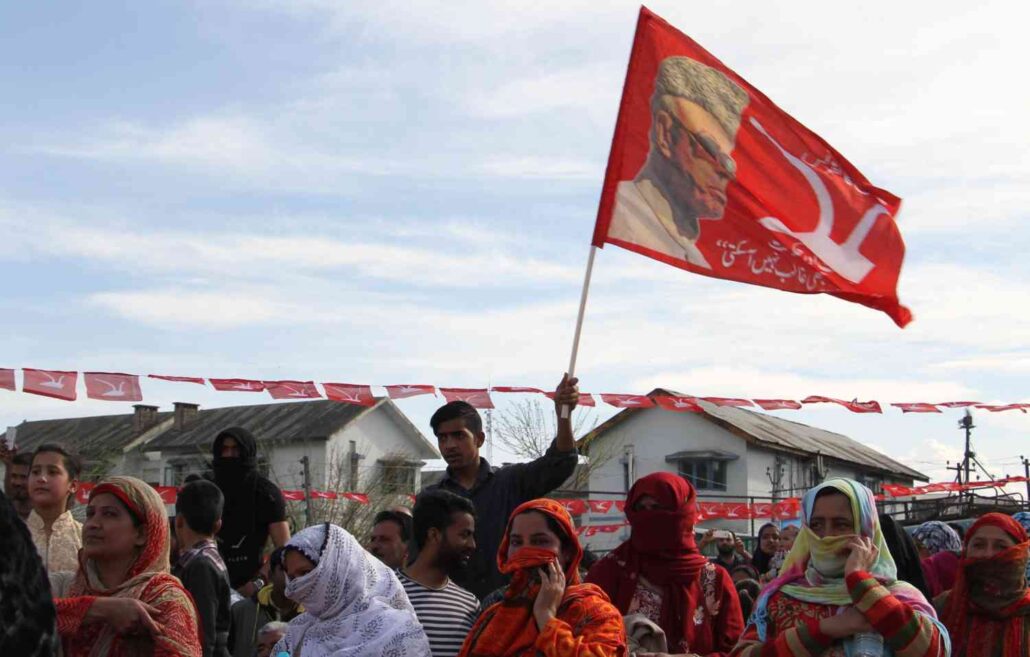
National Conference (NC) on Tuesday took strong exception to the introduction of 5 percent GST on rice, wheat, and other essentials, saying the decision will hit the poor and middle class the most.
Addressing a press conference at Nawa e Subah, party’s Chief Spokesperson Tanvir Sadiq said levying 5 percent GST even on unbranded packed rice, wheat, milk, curd and other daily essentials will affect the poor and ordinary people the most.
“The price of rice, wheat and food grains will increase by Rs 3 to Rs 5 per kg. Commodities like curd, paneer, rice, barley, jaggery and honey are being taxed now. People were already affected by the highest ever inflationary pull , price rise, and ravaging unemployment, the imposition of GST on commodities of daily consumption will compound their sufferings. It is a death knell for the poor, because it hinders their cheaper accessibility to food,” he added, as per a statement issued to the news agency—Kashmir News Observer (KNO).
Far from rationalising the prices to help poor and middle classes withstand the soaring inflation and unemployment, the government has chosen to snatch nutritious diet from their plates. “The measure has come as a shock to daily wagers, hawkers, labour and salaried classes in particular. There is no way people can survive under the double whammy of inflation, and tax terrorism,” he said.
The new GST rates, Tanvir said, doesn’t even spare the hotel industry as well. “High GST rates in the hotel sector will make it more susceptible to far reaching impacts. Our local tourism industry has already slowed down due to the combined ills of inflation, rising airfares, successive 2019 clamp down and COVID-19 induced lock downs. Bringing various hotel services under the purview of GST will deplete even the remotest changes of J&K’s tourism sector’s revival,” he added.
Already irked by the government’s apathy, the local small and marginal traders will also take a major hit due to such unpopular measures. “The measures are designed to help the ruling party’s capitalist friends capture the market at the cost of marginal and small traders. These measures should not be seen in isolation, rather a part of strategy to wipe out small, and medium traders. It will inadvertently impact millions of families associated with the small enterprise,” he said—(KNO)
